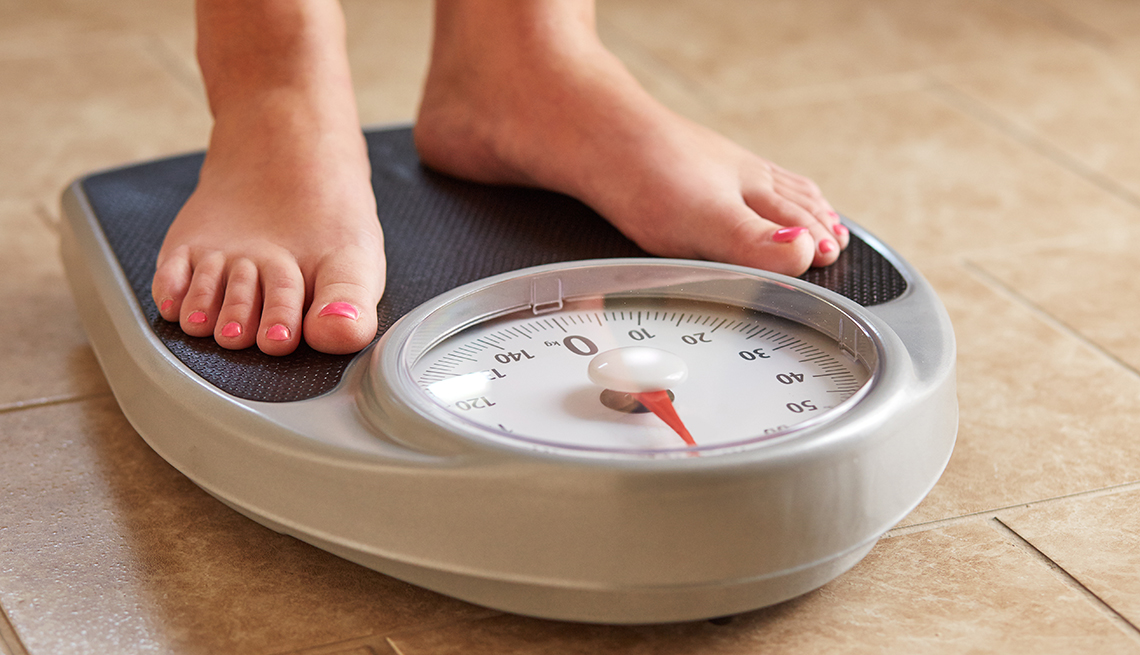
Know the top thyroid diseases and symptoms
- Select a language for the TTS:
- UK English Female
- UK English Male
- US English Female
- US English Male
- Australian Female
- Australian Male
- Language selected: (auto detect) - EN
Play all audios:
TESTING YOUR TSH LEVELS To determine if you have an issue with your thyroid, a doctor will order a simple blood test measuring TSH, which should fall between .4 and 4.0 milli-international
units per liter (mIU/L). James Hennessey, M.D., director of clinical endocrinology at Beth Israel Deaconess Medical Center, notes that studies indicate that higher levels of TSH can be
normal as we age. To get the most accurate results from the blood test, experts recommend that you give your doctor a complete list of all medications you take, including vitamins and
supplements, which can influence both test results and thyroid function. Supplements that claim to “naturally boost metabolism” can be especially problematic, as they often contain bovine
thyroid tissue, which may contain hormones that disrupt your own thyroid function. Eating large amounts of soybean products, walnuts, cottonseed meal, kelp or seaweed — as well as taking
supplements with iodine, calcium or iron — can also cause problems with thyroid function and blood test accuracy. Consuming excessive amounts of sushi or tofu can skew test results, too.
And, Singer says, if you take or use biotin products (in supplements or in items like shampoo), these should be discontinued several days before testing. For the most precise results,
experts also advise that you have your blood drawn in the morning before eating or drinking anything. TREATING THYROID PROBLEMS Hypothyroid medications, like levothyroxine (Synthroid), will
replace your missing hormones if your thyroid is underactive. Fine-tuning the dosage is the key. Doctors say that before the most recent TSH blood test was developed in the 1970s, thyroid
medications were often overprescribed or the prescribed dosages were not correct. Then or now, taking too much levothyroxine can result in problems such as loss of bone mass or atrial
fibrillation, which increases stroke risk. For these reasons, experts recommend that you be alert to any changes you experience with such medications and consult your doctor with concerns.
It's imperative, too, to take your levothyroxine correctly. The Food and Drug Administration advises strict adherence to taking the drug on an empty stomach once a day (at approximately
the same time each day) and waiting 30 to 60 minutes before eating or drinking. For the much less common problem of hyperthyroidism, you will be referred to an endocrinologist, who will lay
out one of several treatments to reduce your thyroid's overproduction of hormones. The first option is an Rx for thionamides or other doctor-prescribed medications to reduce
overproduction of hormones. The second is a radioactive iodine therapy. In that case you'll take a capsule or drink containing iodine as well as a low dose of radiation that destroys
cells in the thyroid, reducing the amount of hormones it can produce. In extreme cases, surgery to remove all or part of your thyroid gland may be recommended.